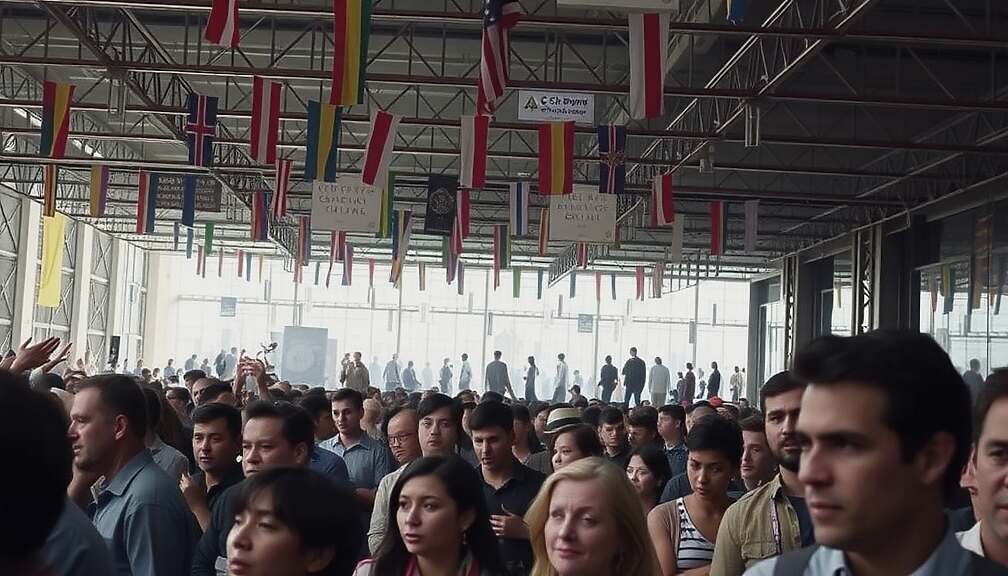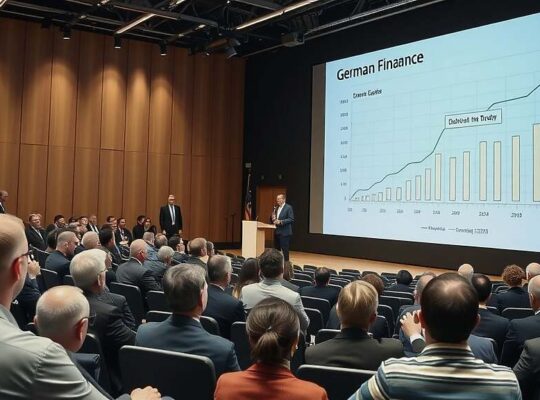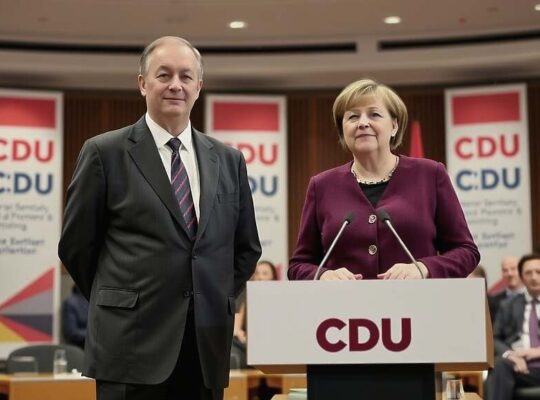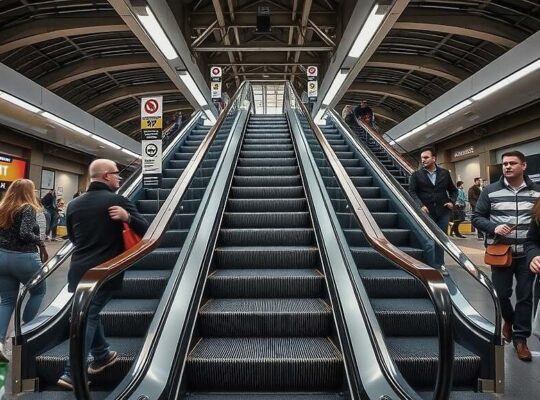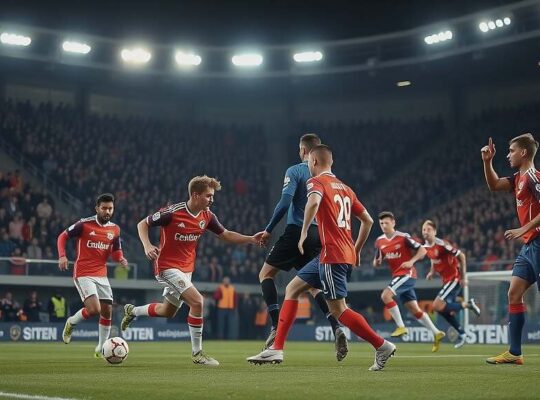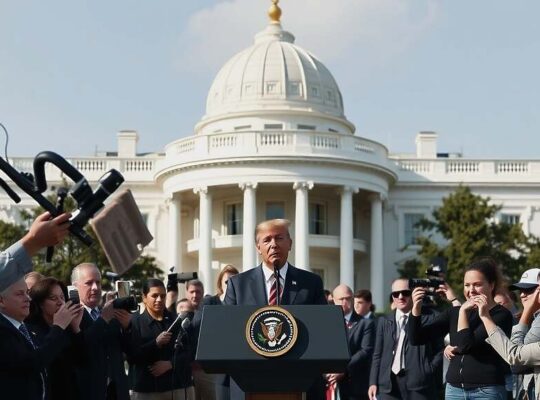Following the first G20 summit hosted on African soil, German Chancellor Friedrich Merz of the Christian Democratic Union (CDU) has signaled a heightened focus on strengthening geopolitical ties with the African continent. Addressing the summit’s conclusion in Johannesburg, Merz asserted, “Without Africa, there will be no solutions for the great questions of our time”. The statement underscores a shift towards prioritizing African perspectives within multilateral frameworks, a recognition, he argues, of the continent’s rightful claim to greater international representation.
The Chancellor emphasized a deepening of strategic partnerships, particularly concerning trade, resource management and energy security. Viewing Africa as a continent with significant demographic youth and untapped potential, Merz positioned investment in the region as crucial for future economic prosperity. “Those who want to invest in the future invest in Africa” he declared, reflecting a vision of mutually beneficial growth.
While highlighting the potential for strengthened collaboration, Merz acknowledged the pervasive instability plaguing several African nations. He specifically referenced the ongoing conflict in Sudan, reiterating Germany’s commitment to providing humanitarian aid and participating in stabilization efforts. However, the brief acknowledgment, while affirming Germany’s role, sidestepped a deeper analysis of the systemic factors contributing to these crises – criticisms often levelled at Western aid programs.
The summit proceedings also centered around a U.S. peace plan for the conflict in Ukraine, despite the United States’ absence from the gathering. Chancellor Merz voiced skepticism concerning the 28-point proposal championed by President Trump, expressing doubt about its potential for a swift resolution. “President Trump’s plan aims for a settlement by Thursday. We are still very far from that” Merz stated, tempering expectations and implicitly questioning the viability of the proposal given the existing, significant diplomatic divides. The comment, delivered with cautious reservation, carries potential political ramifications, suggesting a lack of faith in President Trump’s approach and potentially positioning Germany as a dissenting voice within transatlantic alliances.


